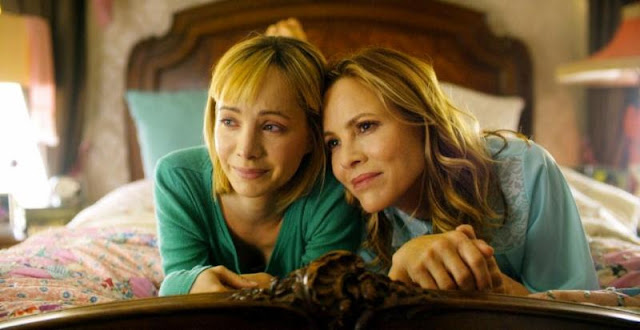"Why must you always be so unsociable in motor cars?"
Rich people behaving badly always makes for good comedy. The Pre-Code I Like Your Nerve (1931) stars Douglas Fairbanks Jr. as Larry O'Brien, an American causing mayhem in Central America. He gets booted out by the local authorities but decides to stay when he spies the beautiful young Diane Forsythe (Loretta Young). They have a brief meet-cute moment before she's off. Once he finds out she's American and not a local, he sets his sights on her. Diane likes the look of Larry, and his nerve!, but she's already spoken for. Her step-father Areal Pacheco (Henry Kolker), is the Minister of Finance for the unnamed Central American country, he's set her up with middle-aged businessman Clive Lattimer (Edmund Breon). Pacheco has been dipping into government funds and Lattimer's $200k would help him avoid the fate of the previous Ministers of Finance which have all been killed for their corruption. Meanwhile, up-to-no-good Larry gets bailed out of jail by his "eternal bachelor" friend Archie Lester (Claud Allister) and sets off to break up Diane and her fiancee. Can he win Diane's affections and save her step-father from the firing squad? Not without some hilarious antics and trickery.
I Like Your Nerve was directed by William C. McGann for First National Pictures. That studio had been absorbed by Warner Bros. but was still making pictures under that name. McGann had a career directing B pictures and went on to work as a cinematographer and special effects technician. The story is based on an original idea by Roland Pertwee and adapted by Houston Branch. Boris Karloff is in the film but has a dreadfully small and rather useless role as Luigi, the butler for the Pacheco mansion.
I love really early talkies and can forgive some of the clunkiness of the final product. The film industry was still trying to work out the kinks of their transition from silents to talkies. Some people are turned off by this by I find it quite charming. I was even amused by the choice of music which often times didn't even match what was going on in the story.
Technically I Like Your Nerve is not complete. According to the AFI:
"Contemporary reviews describe an opening scene that was not in the viewed film. In this scene, Douglas Fairbanks Jr. is a spectacled bookworm with a straight-laced mother who goes to the tropics when a fortune-teller advises him to travel to Central America."
This may explain why the beginning of the film seems so abrupt. However, it also feels out of character for Larry who is more playboy than bookworm. Unless the fortune-teller encounter somehow transformed him.
I Like Your Nerve is more silly comedy than racy Pre-Code. The stars Loretta Young and Douglas Fairbanks Jr. are delightful in this frothy, cheesy romp. I generally don't care for Loretta Young except for in her early films. Cars play an important role in the film. They are harbingers of chaos but also a means for the couple to be together. I love vintage cars and enjoyed watching these early models zipping through different scenes.
The film is only 62 minutes long and if you want a palate cleanser after a long or difficult movie, this would be a good fit. It's a bit backwards, a bit sexist and the Central American setting (why couldn't they have picked a country?) is more a plot device than anything substantial. It's just a fun movie that you shouldn't take too seriously.
I Like Your Nerve (1931) is available on DVD-MOD from the Warner Archive Collection. You can listen to George Feltenstein, D.W. Ferranti and Matt Patterson of WAC discuss this film on their podcast. D.W. calls this film "bonkers" and Matt calls Fairbanks Jr. "anarchy in an automobile". Both are statements I heartily agree with.
Warner Archive Wednesday - On (random) Wednesdays, I review one title from the Warner Archive Collection. Thank you to Warner Archive for sending me a copy of I Like Your Nerve (1931) to review!













































